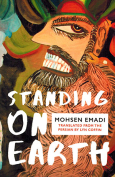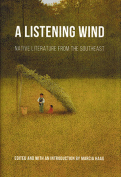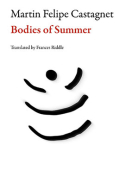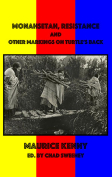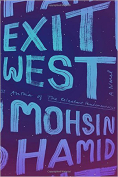The Teeth of the Comb and Other Stories by Osama Alomar
 New York. New Directions. 2017. 96 pages.
New York. New Directions. 2017. 96 pages.
At his very finest, Osama Alomar is heir to Kahlil Gibran, whom he greatly admires, by way of the surrealists. Despite their apparent playful wit, Alomar’s deceptively slight short stories have teeth and bite. In spare, accessible prose, one encounters the painful and bitter poetry of exile running like a blood-red thread through this slim but dense collection of flash fiction—an allegorical literary form that, in the Arab world, dates back more than a millennium. This keening is to be expected, since Alomar is a Syrian refugee and author with a growing reputation in the world he left behind.
“Censorship is the mother of metaphor,” Jorge Luis Borges shrewdly noted; and it is true that literature under restrictive regimes tends to develop a flair for allegory, confessing in code. One can’t help but wonder, reading this richly imaginative collection, to what extent such circumstances might contribute to the author’s facility with metaphor and gift for symbolism.
Having immigrated to the United States eight years ago, Alomar drives a cab for a living as he struggles to carve a creative space for his epic miniatures. In one of the touching fables found in The Teeth of the Comb, money talks, and the paper bills say to one another: “We are like nations that have been sold, imprinted with thousands of fingerprints and crammed into thousands of pockets until they are in tatters.” In another poignant, two-line story: “The feather said to the wind in a slain voice: ‘what’s this tyranny?’ The wind answered her: ‘what’s this weakness?’” Throughout Alomar’s quietly stoic, hallucinatory fiction of ideas, everything communicates—animate and inanimate—in order to hold up a mirror to the human condition with all its self-deceptive, hypocritical, and, at times, destructive ways.
Amid these shape-shifting characters and their shifting perspectives, the author tells the truth slant about the pity of wars, the violence of oppression, privation, loss, longing, and societal ills common to Third World and First World alike. By making it strange, the fabulist delivers the news in disguise, in an attempt to awaken us to common sense. In the shock of recognition that follows, we are better able to examine our false assumptions and suffering world with more compassion and thought. Rarely sliding into bathos, at times grim and often lighthearted, these aphorisms, parables, and riddles are not, however, literary snacks to be consumed hastily.
Alomar is a writer worth knowing who gives voice to a wide scope of personal insight and a magnitude of public pain that we can hardly fathom by perusing newspapers, alone. The edifying tales this creative artist offers (ranging from one line to several pages) are brief political, psychological, philosophical, and moral meditations to ruminate over, carefully—sometimes with a smile, sometimes a sigh, and sometimes both.
Yahia Lababidi
Washington, DC
Get the book on Amazon or add it to your Goodreads reading list.








